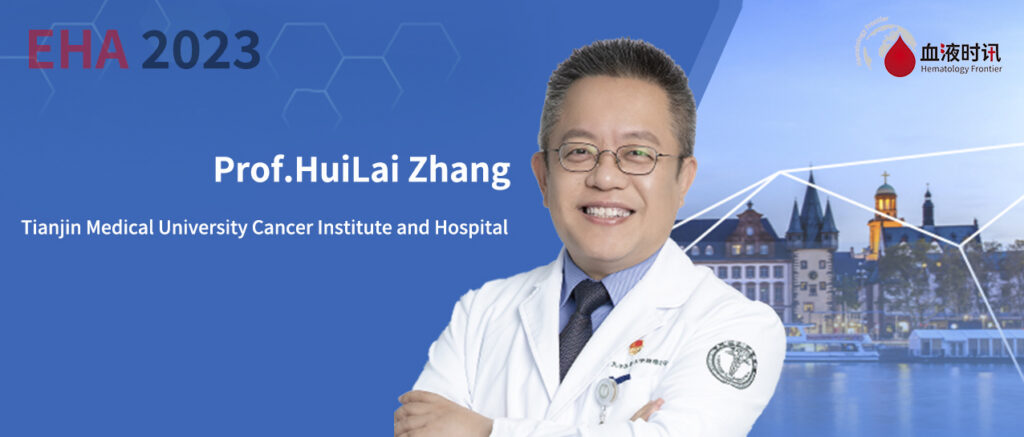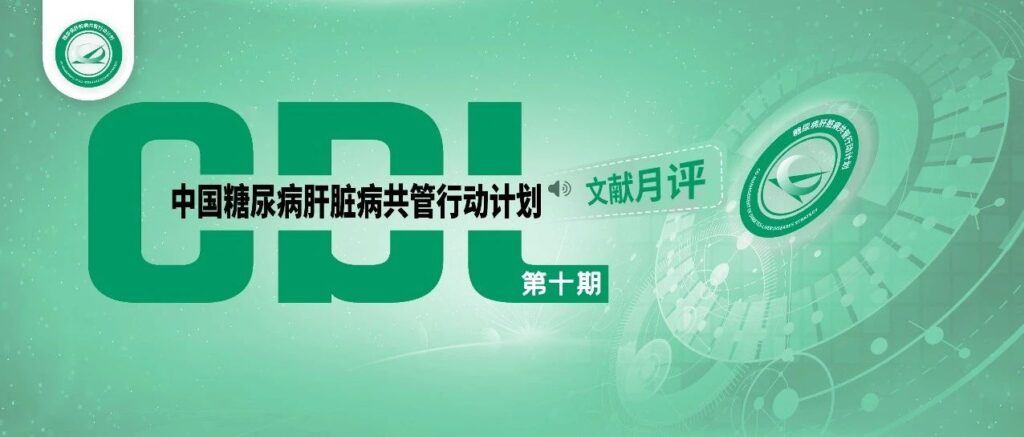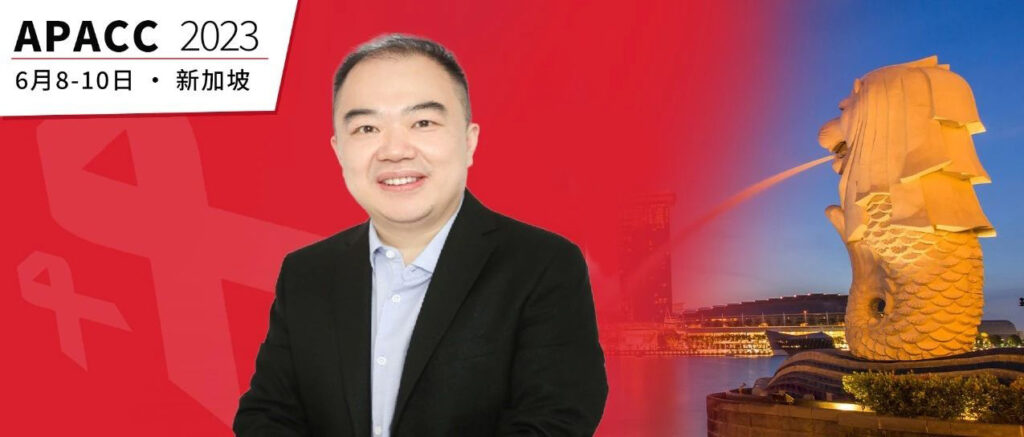“Year-EndAnnual Review | Professor Jia JidongDr. Jidong Jia: Latest Developments in the Clinical Diagnosis and Treatment of Primary Biliary Cholangitis”
Primary Biliary Cholangitis (PBC) is an autoimmune liver disease that predominantly affects middle-aged women. The exact cause and mechanism of its onset are not yet fully understood. It is thought to be related to genetic factors and their interaction with environmental factors leading to immune dysregulation. Currently, there are few effective medications available for clinical treatment. However, ongoing basic and clinical research has been shedding light on the role of bile acid metabolism, nuclear receptors, surface receptors, and transport proteins in the development and progression of PBC, leading to encouraging progress in new drug development. In this issue, we have invited Professor Jia JidongDr. Jidong Jia from the Capital Medical University affiliated Beijing Friendship Hospital to share the latest advancements in the clinical diagnosis and treatment of PBC.







